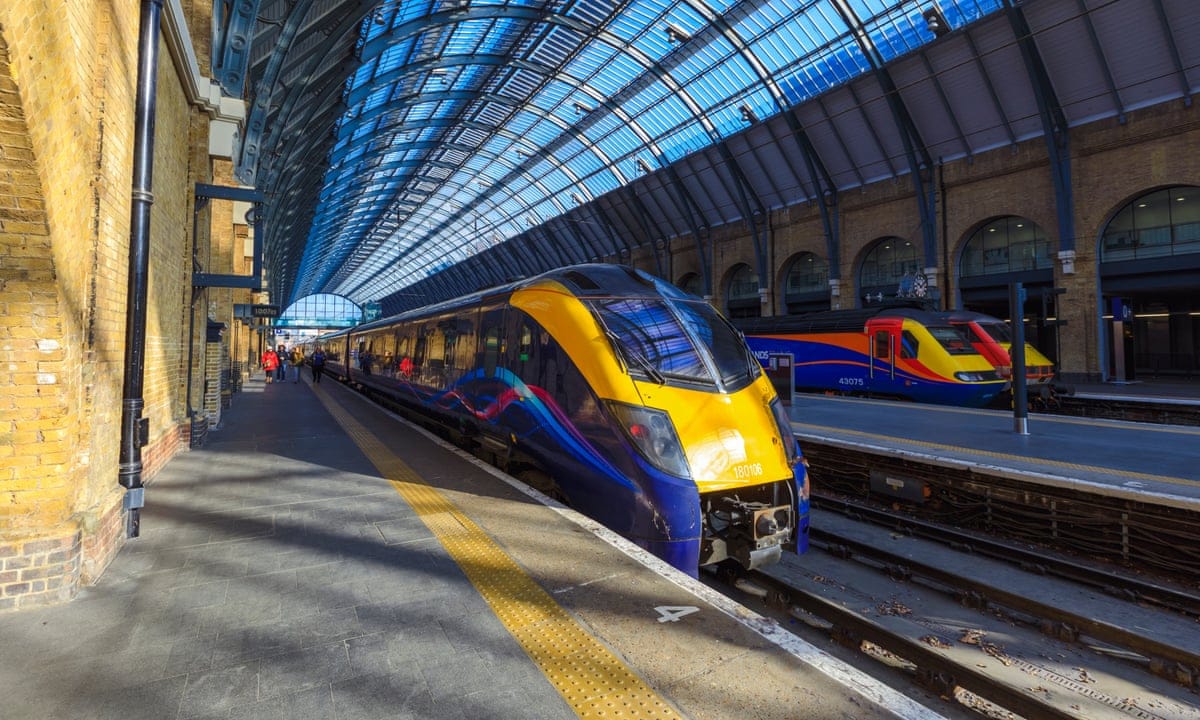The introduction of the new entry-exit system by the European Union has been rescheduled until November, easing concerns about potential long wait times at border checkpoints during October's holiday period.
The rollout of biometric checks for international visitors entering Europe, including those from Britain, is now expected to commence on or after 10 November as several smaller airports have yet to complete necessary preparations.
While a specific new date has not been confirmed by the European Commission, it's suggested in an Independent report that some border stations might delay their start until at least November 17th. This postponement reopens questions about the readiness of a system originally scheduled for early 2021.
Under the entry-exit system (EES), non-European visitors will have to submit biometric data such as fingerprints and facial scans at border crossings under an EU official's supervision during their first visit.
Concerns about potential congestion at British ports of entry, notably the Port of Dover and Eurostar's St Pancras station where the UK-France border is situated, were raised amid fears that these locations could be overrun with travelers needing to board ferries or trains.
The railway operator Eurostar has invested in infrastructure improvements at St Pancras to facilitate biometric data registration for passengers entering Europe from the UK and has asserted this change will have a minimal impact on border wait times. Getlink, which operates Le Shuttle service across the Channel Tunnel, estimates an additional six to seven minutes may be needed to process each vehicle with passengers due to EES implementation.
The Port of Dover expressed particular concern regarding the potential for extended waits and is constrained by limited space for enhancing their facilities. ACI Europe, representing European airports, urged a reevaluation of an October rollout date during a busy season when infrastructure demands are at their peak.
It's expected that initially, EES will not be strictly enforced against all travelers to prevent border delays and disruption. Eventually, the EU plans to introduce another requirement, similar to the US Visa Waiver Program (ESTA), where post-Brexit British citizens must acquire a €7 visa for crossing into Europe or flying in.
Read next

Ryanair plane had only six minutes of fuel upon Manchester landing, records show
Flight Narrowly Avoids Disaster After Storm Diversion
An inquiry has been launched after a Ryanair flight, struggling against severe winds during storm Amy last week, landed at Manchester Airport with only six minutes’ worth of fuel remaining.
The aircraft had been transporting passengers from Pisa, Italy, to Prestwick, Scotland, on

"Qantas customer data for 5 million exposed as hackers release info post-ransom deadline"
Hackers Leak Personal Data of 5 Million Qantas Customers on Dark Web
A cybercriminal group has released personal records of 5 million Qantas customers on the dark web after the airline did not meet their ransom demand.
The breach is part of a larger global incident affecting over 40 companies,

Investors flee record-high UK stocks as EU set to hike steel tariffs
Investors Withdraw Record Sums from Equity Funds Amid High Market Valuations
Data reveals that investors in the UK have withdrawn an unprecedented amount of money from equity funds over the past three months, driven by concerns over soaring stock market valuations.
According to the latest figures from Calastone, the largest

